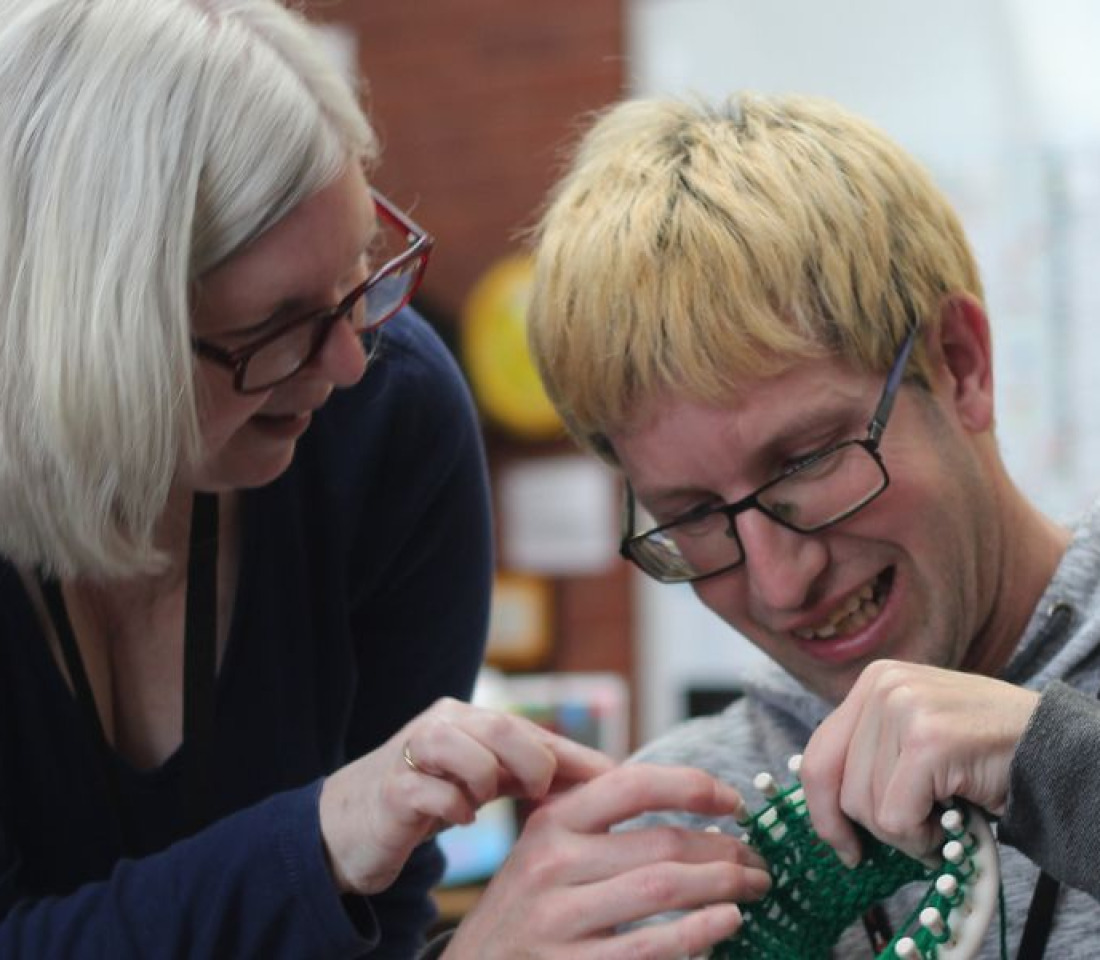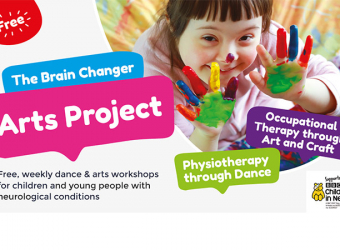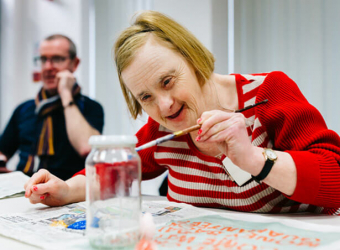What is dyspraxia?
Dyspraxia is a common condition that impacts physical coordination and spatial awareness, making it challenging for individuals to perform everyday tasks.
It often causes their movements to appear clumsy, affecting skills related to balance, sports, and even activities like driving.
Dyspraxia can also influence fine motor skills, making tasks such as writing or handling small objects more difficult.
While it affects coordination, dyspraxia does not impact intelligence.
What causes dyspraxia?
It’s not clear what causes dyspraxia. Research suggests that it may be linked to differences in how neurons in the brain develop and communicate.
This lack of typical neuronal development impacts coordination but does not result from any identifiable neurological abnormality.
Dyspraxia often runs in families, and it is more common in men, hinting at possible genetic factors, though specific genes have not been identified.
Several risk factors have been linked to an increased likelihood of developing dyspraxia, including:
- Premature birth: Being born before 37 weeks of pregnancy.
- Low birth weight: Babies born with a low weight are more likely to be dyspraxic.
- Family history: A genetic predisposition may exist, although the exact genetic pathways are unclear.
- Maternal substance abuse during pregnancy: Exposure to alcohol or illegal drugs in utero may contribute to dyspraxia.
What are the symptoms of dyspraxia?
The signs of dyspraxia often become noticeable in early childhood, typically when a child begins school and engages in physical and learning activities.
These symptoms frequently persist into adulthood, affecting coordination, movement, and daily functioning.
Common signs and symptoms of dyspraxia include:
- Clumsiness or being accident-prone: Dyspraxics may frequently bump into objects, drop things, or appear physically awkward.
- Coordination and dexterity challenges: Tasks that require hand-eye coordination, such as playing sports, drawing, or tying shoelaces are more challenging and may take longer to master.
- Slow skill acquisition and memory retention: Learning new skills or retaining information can be tricky, and repetition may be needed more often than for others.
- Balance difficulties: Struggles with balance may make activities like riding a bike or even walking steadily more challenging.
- Time management and organisation issues: Dyspraxia can make it hard to structure information, stay organised, and manage time effectively, which may impact school, work, and daily life.
















